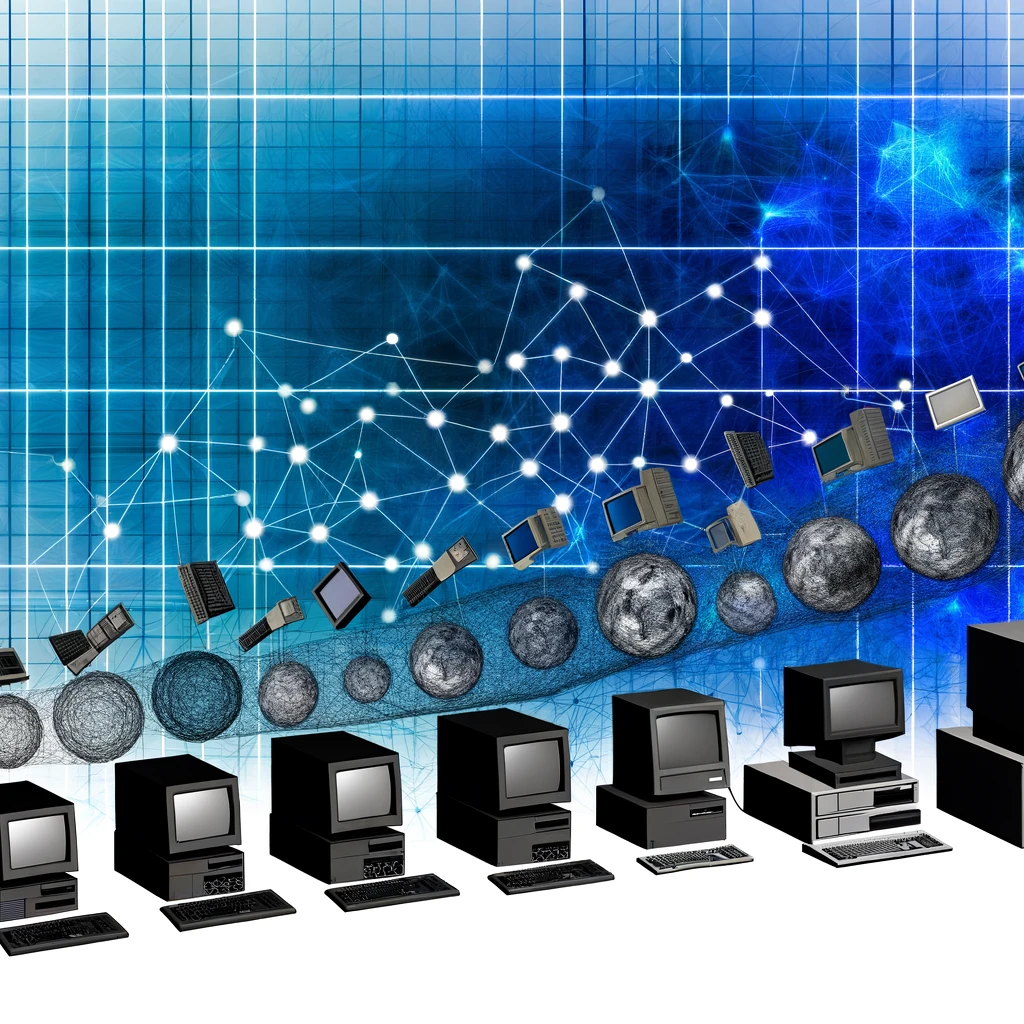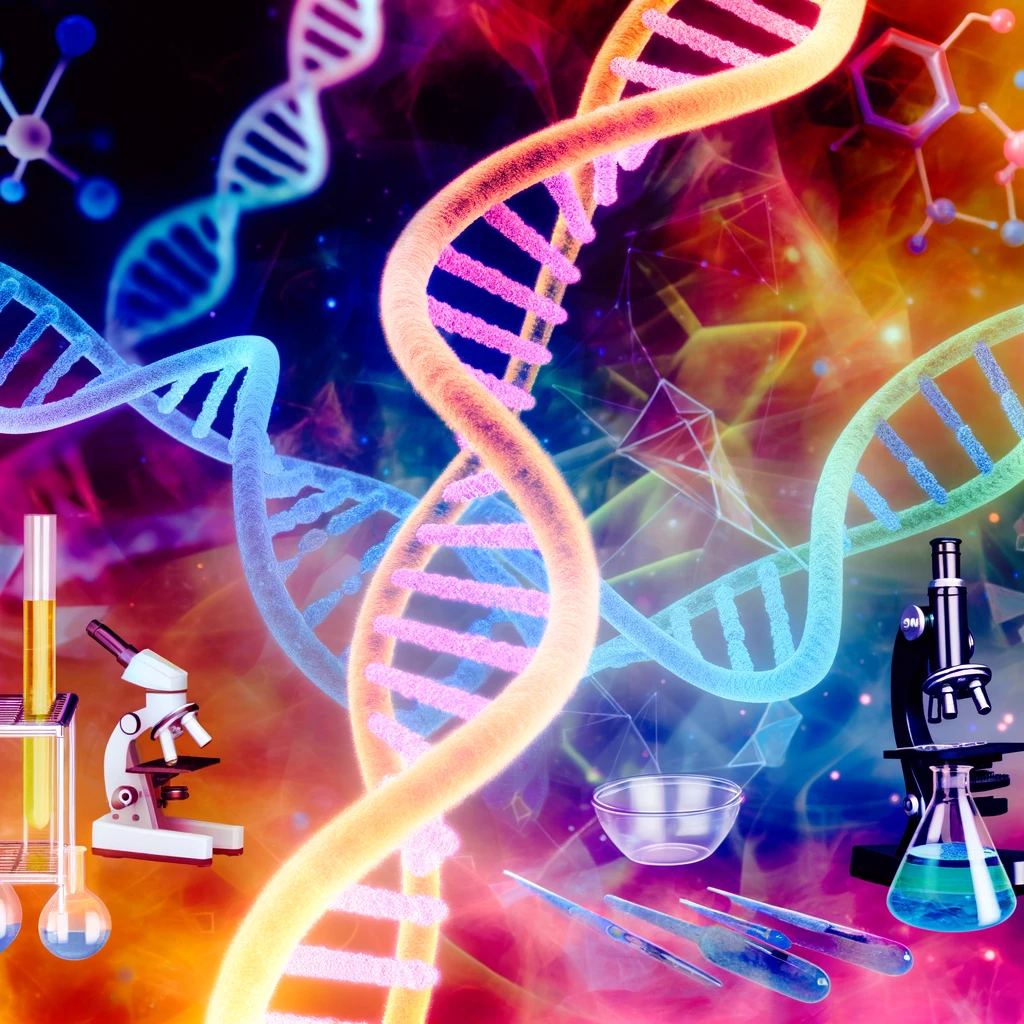
Quantum Mechanics: Simplifying the Complexities of the Universe
Quantum mechanics, a fundamental theory in physics, seeks to explain the behavior of matter and energy at the smallest scales—atoms and subatomic particles. Despite its complexity, it underpins much of modern technology and scientific research. In this article, we will delve into the core principles of quantum mechanics and explore how it helps us understand the universe.
Understanding Quantum Mechanics
Quantum mechanics emerged in the early 20th century as scientists sought to explain phenomena that classical physics could not. At its heart, quantum mechanics challenges our intuitive understanding of reality with principles such as wave-particle duality, uncertainty, and entanglement.
Wave-Particle Duality
One of the cornerstones of quantum mechanics is the concept of wave-particle duality. This principle posits that particles, such as electrons, exhibit both wave-like and particle-like properties. The famous double-slit experiment illustrates this duality, demonstrating that particles can display interference patterns, a characteristic of waves.
The Uncertainty Principle
Formulated by Werner Heisenberg, the uncertainty principle asserts that certain pairs of physical properties, like position and momentum, cannot be simultaneously known to arbitrary precision. This inherent uncertainty is not due to limitations in measurement, but rather a fundamental property of the quantum world.
Quantum Entanglement
Quantum entanglement is a phenomenon where particles become interlinked, such that the state of one particle instantaneously influences the state of another, regardless of the distance between them. Albert Einstein famously referred to this as "spooky action at a distance." Entanglement has profound implications for quantum computing and cryptography.
Applications of Quantum Mechanics
Despite its abstract nature, quantum mechanics has practical applications in various fields. It is the foundation of technologies like semiconductors, lasers, and MRI machines. Moreover, ongoing research in quantum computing promises to revolutionize data processing and encryption.
Quantum Computing
Quantum computers leverage the principles of superposition and entanglement to perform calculations at speeds unattainable by classical computers. By operating on quantum bits, or qubits, they can solve complex problems more efficiently, potentially transforming industries such as medicine, finance, and logistics.
The Future of Quantum Mechanics
As we continue to explore the quantum realm, new discoveries and technologies will reshape our understanding of the universe. From quantum teleportation to potential breakthroughs in energy solutions, the future of quantum mechanics holds promise and intrigue.
In conclusion, while quantum mechanics may seem daunting, its principles provide a deeper insight into the fabric of reality. As we simplify and demystify its complexities, we open the door to innovations that could change the world.
Related Articles





